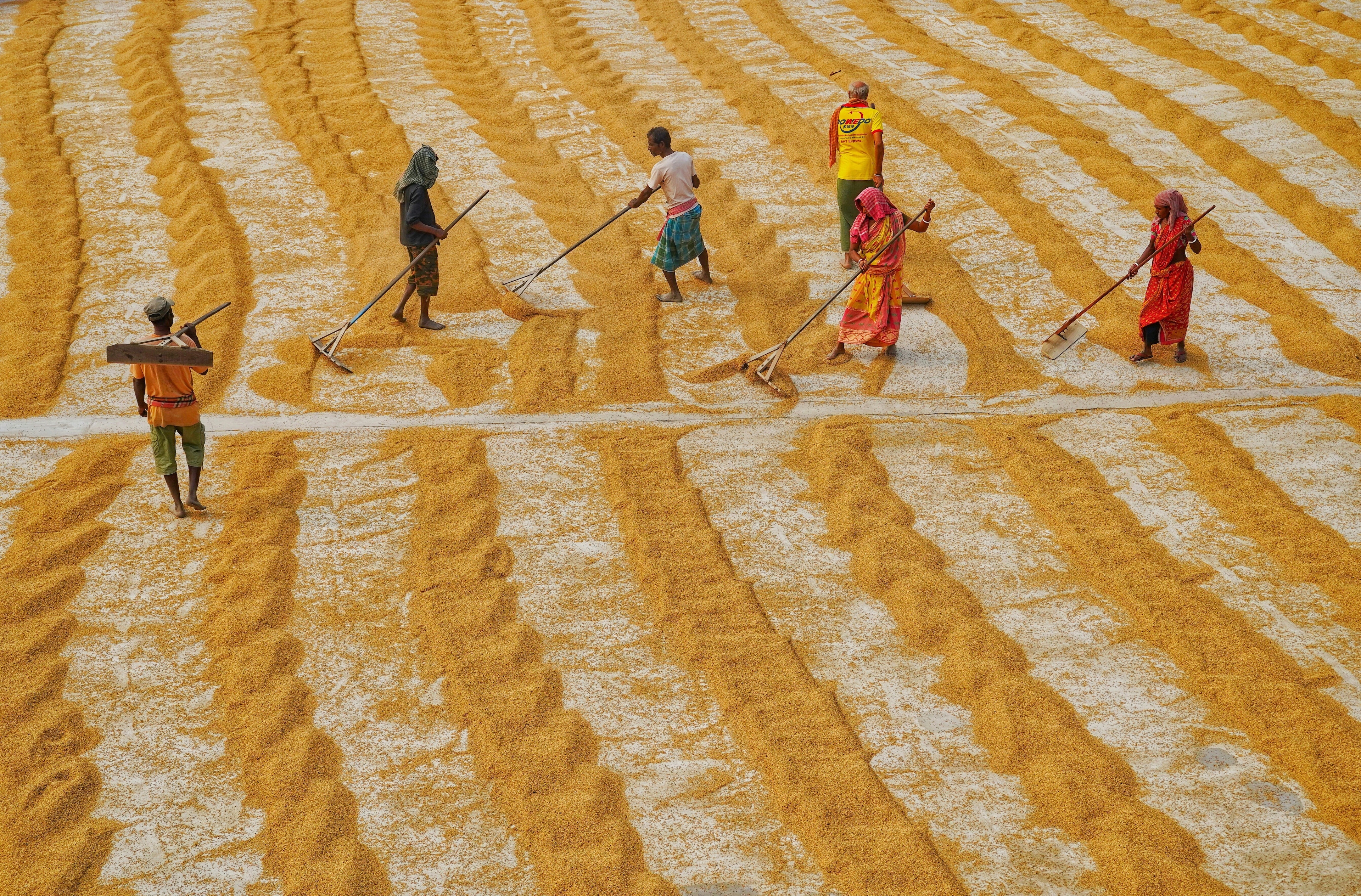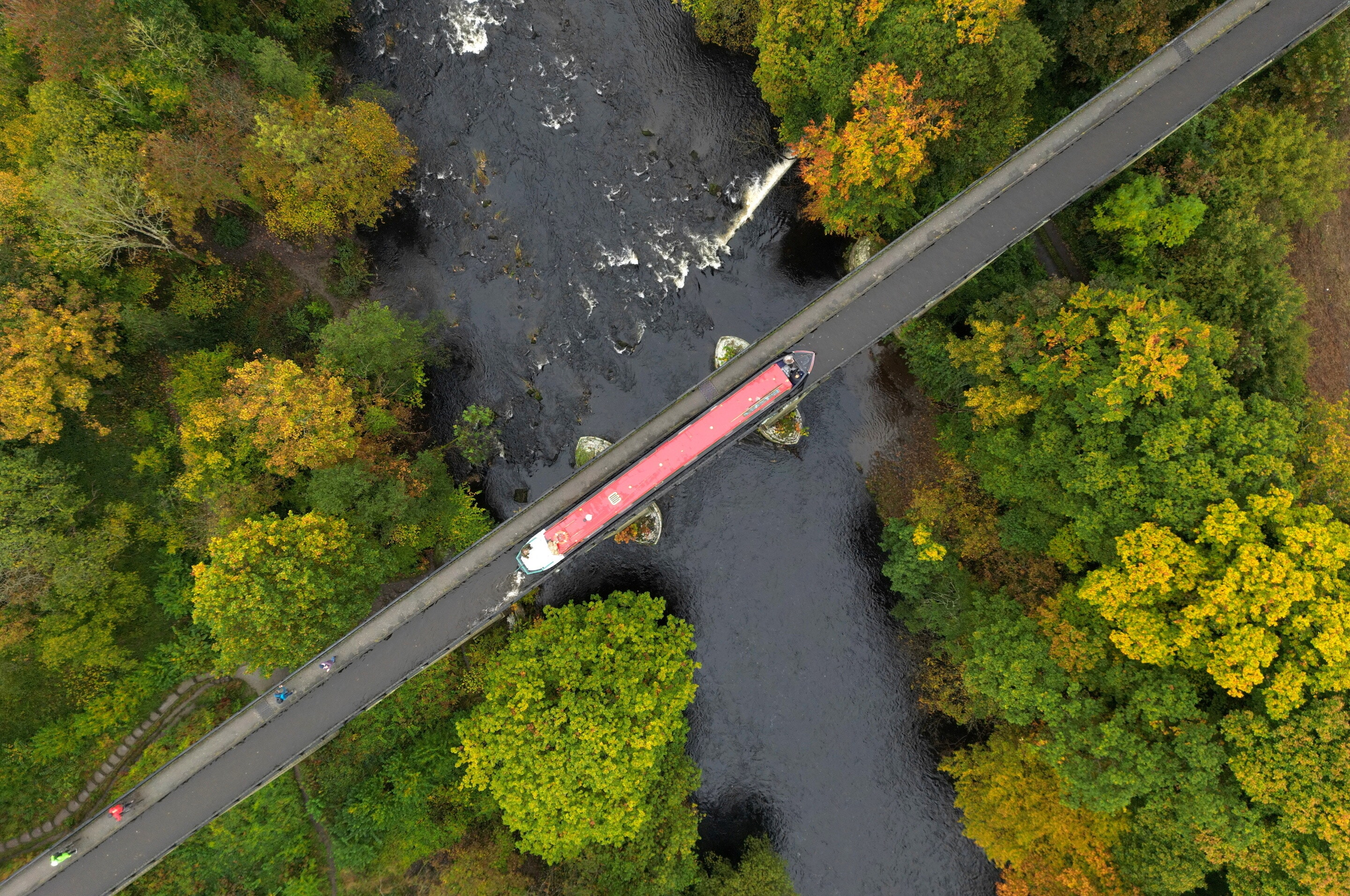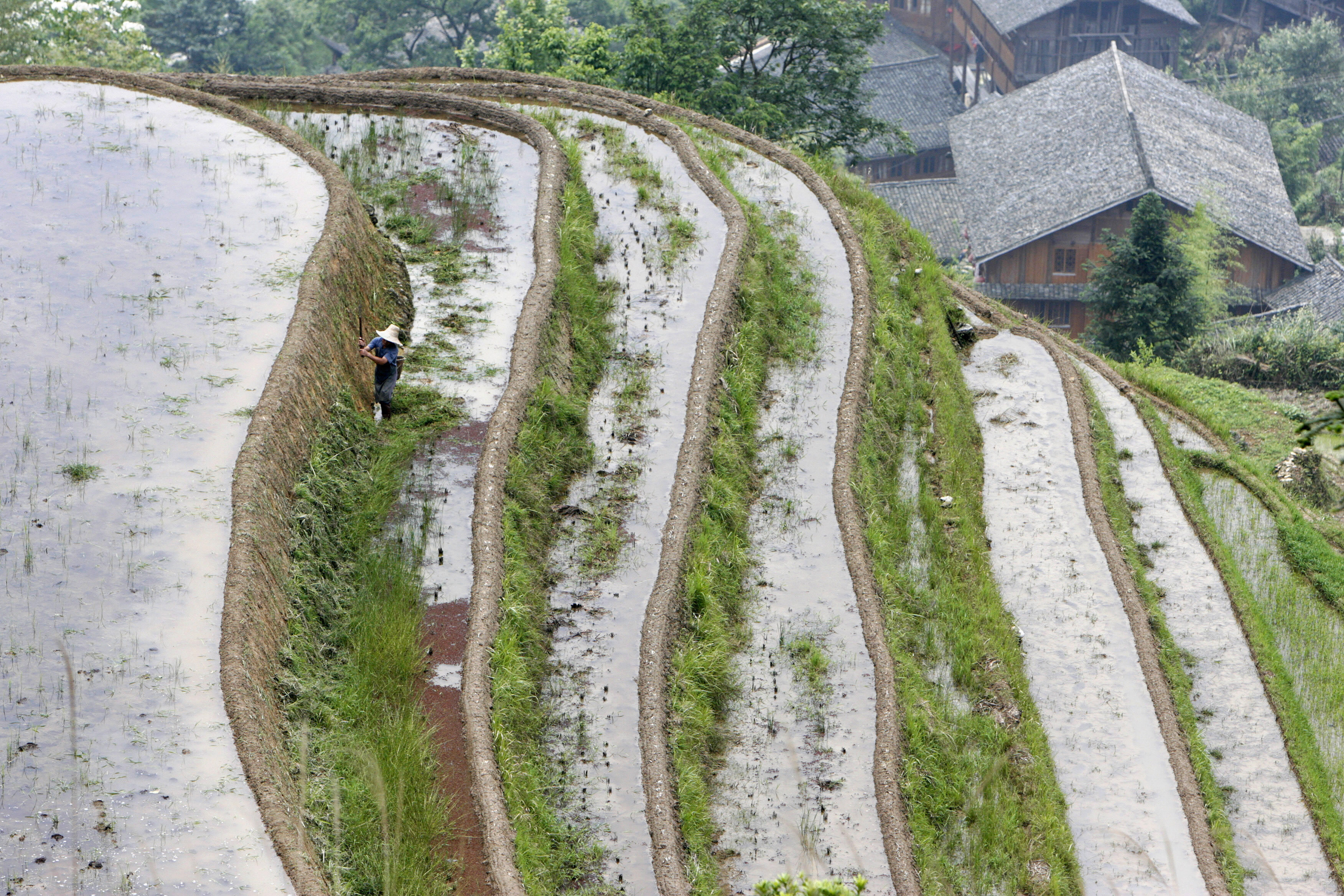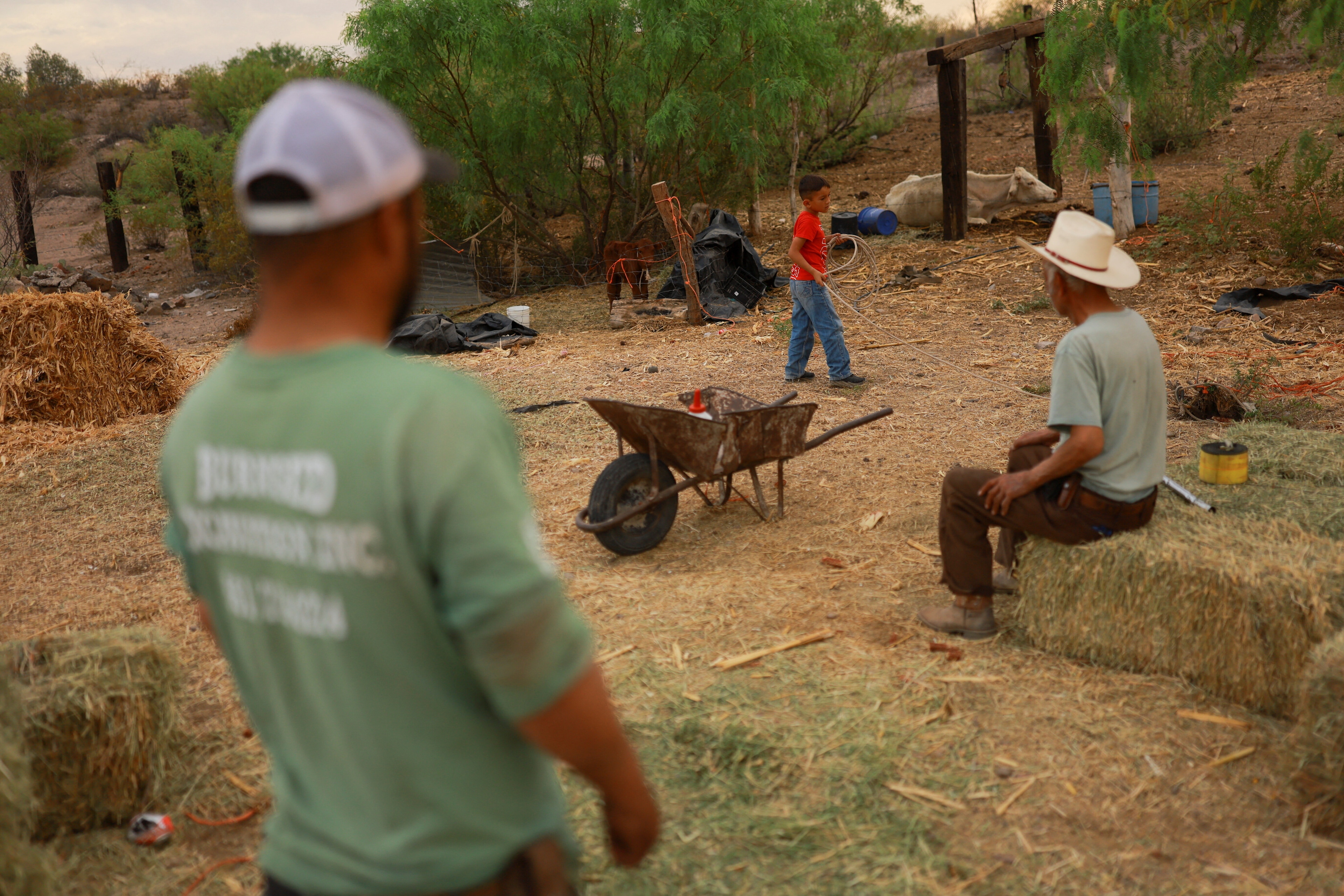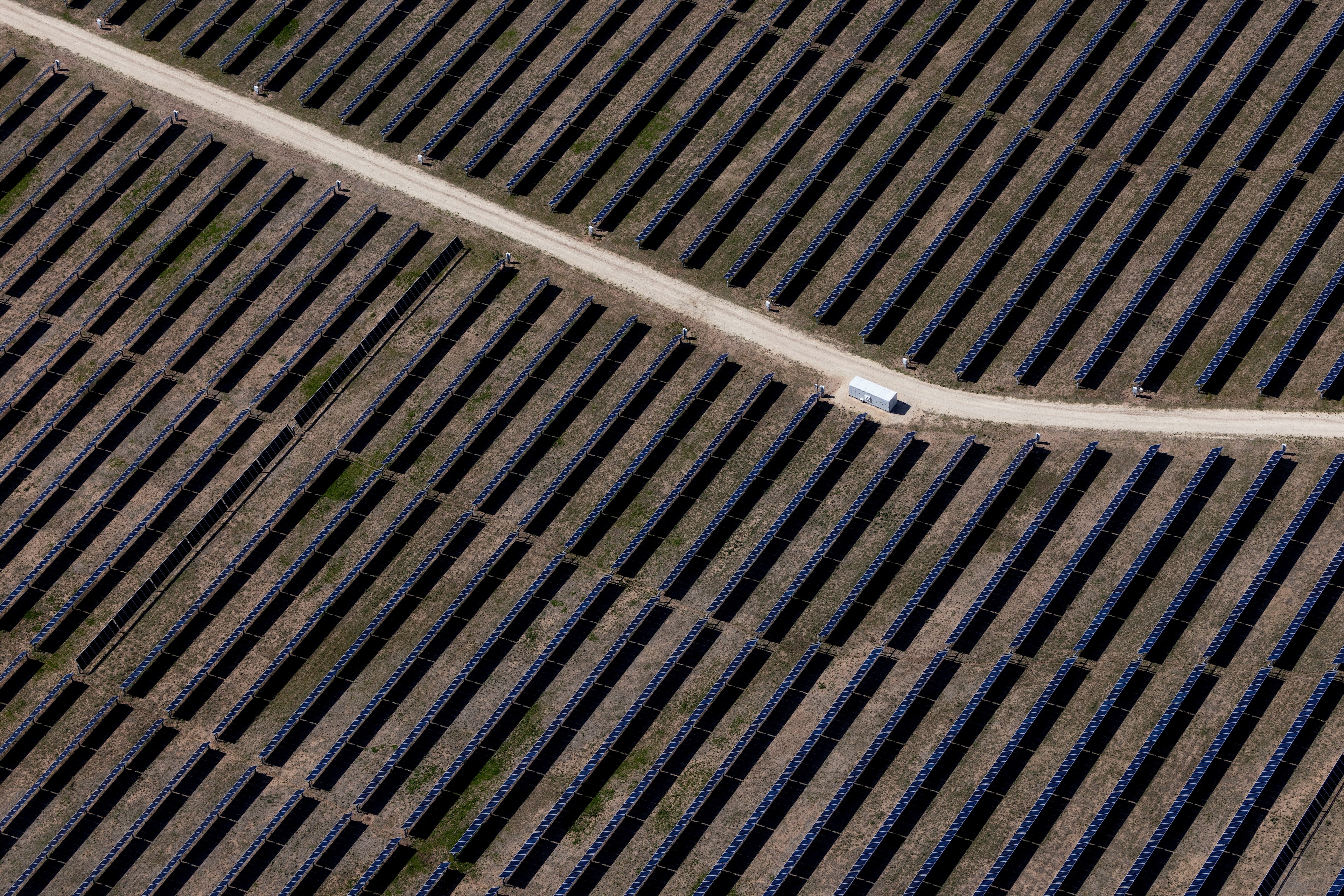Innovative partnerships offer a way forward to the future of food

Image: Jan Kopřiva / Unsplash
Stay up to date:
SDG 13: Climate Action
- COVID-19 has put additional pressures on the food system.
- An additional 135 million people could face acute food insecurity in the coming months, and millions more could lose their jobs.
- To recover and build resiliency, we must create new innovative food partnerships.
The recent awarding of the Nobel Peace Prize to the World Food Programme, the announcement of the Secretary-General of UN Food Systems Summit in 2021 and calling for this to be a peoples summit and a solutions summit, and the potential for COVID-19 to spiral from a health and economic crisis into a food crisis have all ensured food systems are squarely in the spotlight.
Globally, COVID-19 came on the back of a series of good harvests, which has meant that the effect was not as serious as it could have been. But there is no place for complacency, with predictions that an additional 135 million people could face acute food insecurity over the coming months. Frailties in production and supply of food could see millions of jobs being impacted across the agricultural value chain and the resultant food price spikes and financials losses could impact hundreds of thousands of small and medium local businesses.
If we don’t take action now, we could sleepwalk into a major global food crisis.
Historic productivity gains in the food sector have also increasingly been shown to come at an alarming social, environmental and health cost. How do we, therefore, leverage collective action and innovation to create food systems that bring more diversity into diets, help ensure rates of food insecurity are being noticeably brought down, while also respecting planetary boundaries and bringing about the reconstruction of degraded natural systems?
To nourish 9.7 billion people by 2050 in a way that is sustainable for the environment will require a greater degree of collective action and cooperation. We must create the next generation of innovative partnerships.
Value-chain initiatives that connect farm to fork have achieved significant benefits, but current actions have not gone far enough. Delivering a vision for sustainable, inclusive, efficient, nutritious and healthy food systems will require stepping outside of siloed thinking and reinventing cooperation across the food system.
This means bringing together all the relevant stakeholders - farmers and their representative organisations, consumers, policymakers, the private sector, international organisations, civil society and NGOs - to address fundamental concerns related to nutrition, healthy diets, livelihoods, biodiversity, climate resilience. Together these partners bring tremendous expertise and knowledge, tools and models, resources and networks to fuel collective impact and unlock systemic change.
One model developed by the Food Action Alliance identifies organisations leading specific initiatives at various life stages – from an initial blueprint stage to others that are in a phase of accelerating and scaling. In a step-by-step process, various initiatives that individually tackle specific functions of the food system – such as soil conservation, biodiversity, climate resilience, nutrition, diets, livelihoods – enter a funnel to identify where each one can contribute to a shared outcome, using business and blended finance structures.
For example, a poultry and soy farmer-led initiative follows such an approach in southern Africa. Under the leadership of the Southern African Confederation of Agricultural Unions (SACAU), the initiative is comprised of 19 farmer organisations in 12 countries. The initiative aims to grow a globally competitive poultry industry in all countries in the region, with a holistic food systems approach that brings together partners that have the potential to contribute, through joint action, to the delivery of social, nutritional, economic and environmental outcomes in the region.
This project has the potential to improve livelihoods of an estimated 10 million smallholder farmers, improve supply and demand efficiency of the poultry and feedstock sector while substituting imports for local, high-quality production, increase the Safe Level of Protein (SLP) of the population as per the recommendation of the World Health Organisation, and improve land-use efficiency and sustainability. The initiative aims to reach at least 50% of female farmers and to tap into a fast-emerging new generation of young “agri-preneurs”.
Driving systems change at such scale and at speed necessarily requires collaboration and partnerships. Thus, leveraging on the assets within the partnership which is bound by a common ambition and vision is absolutely critical.
While various risks and challenges still lie ahead, the initiative exemplifies both the complexity and the opportunities that could be untapped by such a partnership model. The Food Action Alliance, whose driving force is a coalition of over 35 organisations including SACAU, is supporting the development of a portfolio of similar food systems partnerships in Africa, Latin America, India and Southeast Asia. Leveraging a vast network of partners and expertise, it aims to identify, support and scale new or existing initiatives able to deliver sizeable impact in support of the United Nations Sustainable Development Goals (SDGs). Other platforms and processes have embarked in a similar journey.
The United Nations Committee on World Food Security (CFS), the Borlaug Dialogue and upcoming pre-events of the UN Food Systems Summit 2021, will provide valuable learnings and strategic opportunities to cooperate. These moments offer an opportunity to engage all stakeholders – from global to local, from farmers to consumers – in building and scaling innovative partnerships that will ultimately ensure the long-term sustainability of our food system.
Don't miss any update on this topic
Create a free account and access your personalized content collection with our latest publications and analyses.
License and Republishing
World Economic Forum articles may be republished in accordance with the Creative Commons Attribution-NonCommercial-NoDerivatives 4.0 International Public License, and in accordance with our Terms of Use.
The views expressed in this article are those of the author alone and not the World Economic Forum.
Related topics:
Forum Stories newsletter
Bringing you weekly curated insights and analysis on the global issues that matter.
More on Food and WaterSee all
Aurora Matteini and Derek Baraldi
August 6, 2025
Mauro Gianni and Isidora Kosta
August 4, 2025
Hu Xiangdong and Felipe Carazo
August 1, 2025
Jose Ignacio Galindo and Nicolas Wertheimer
July 24, 2025
Arunabha Ghosh and Jane Nelson
July 22, 2025

